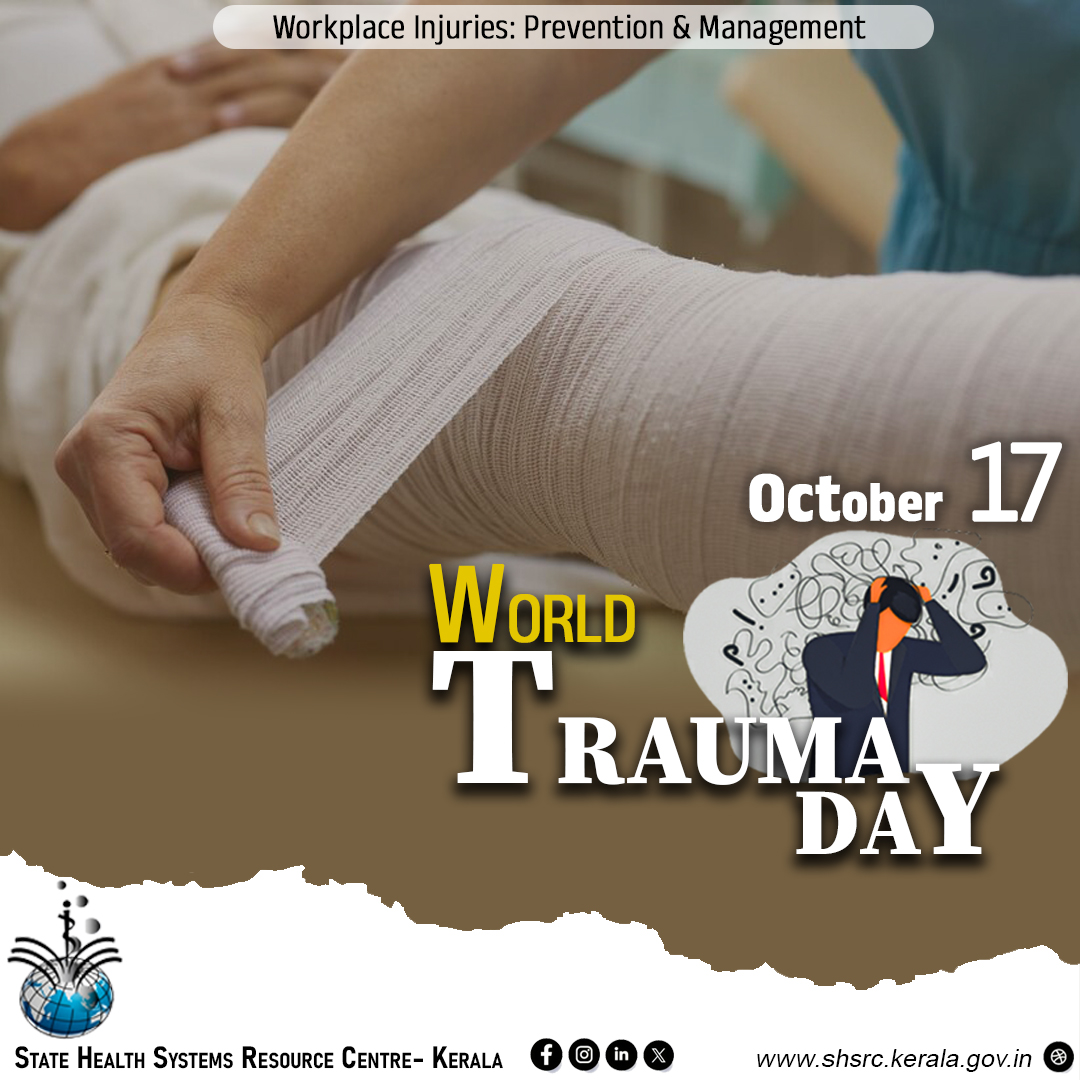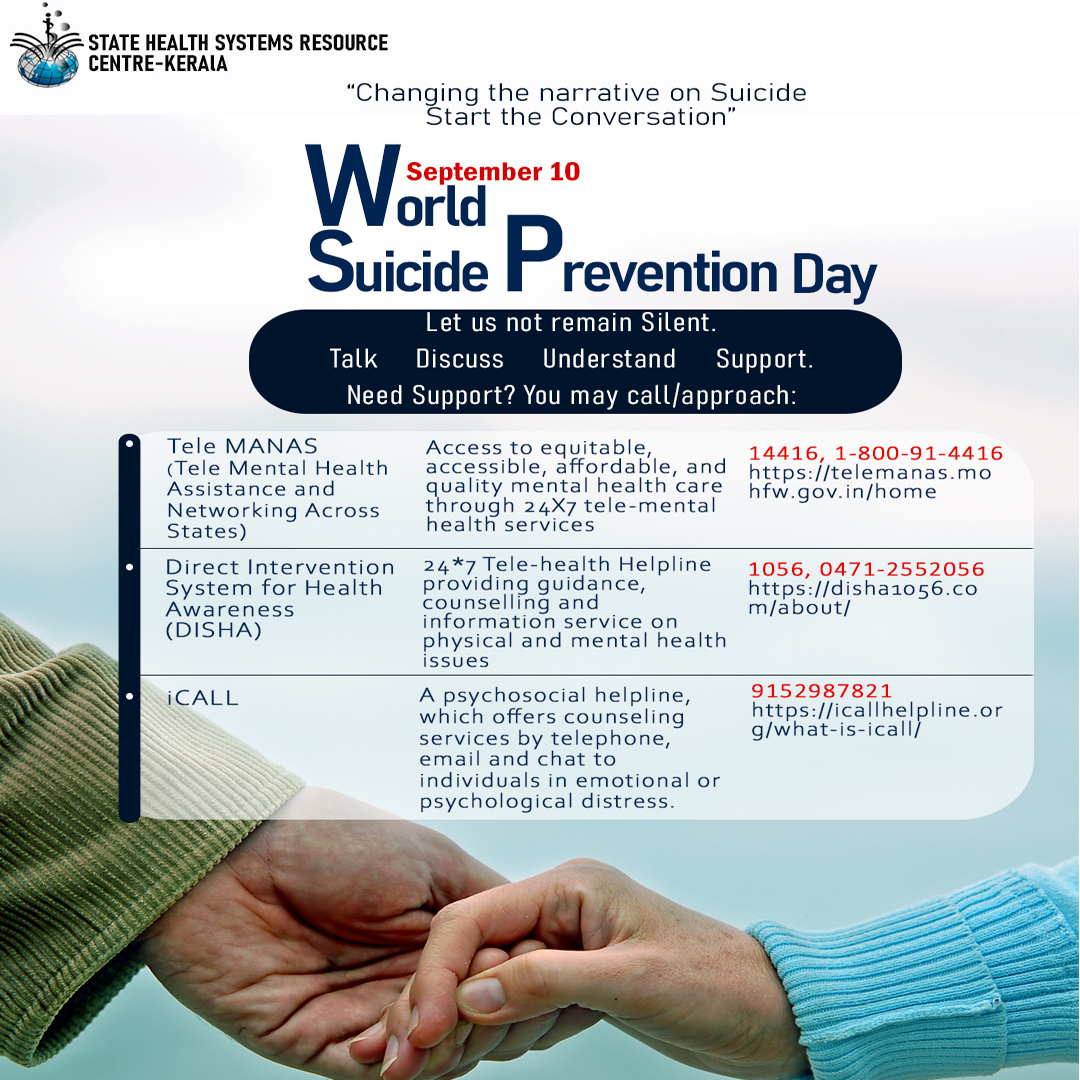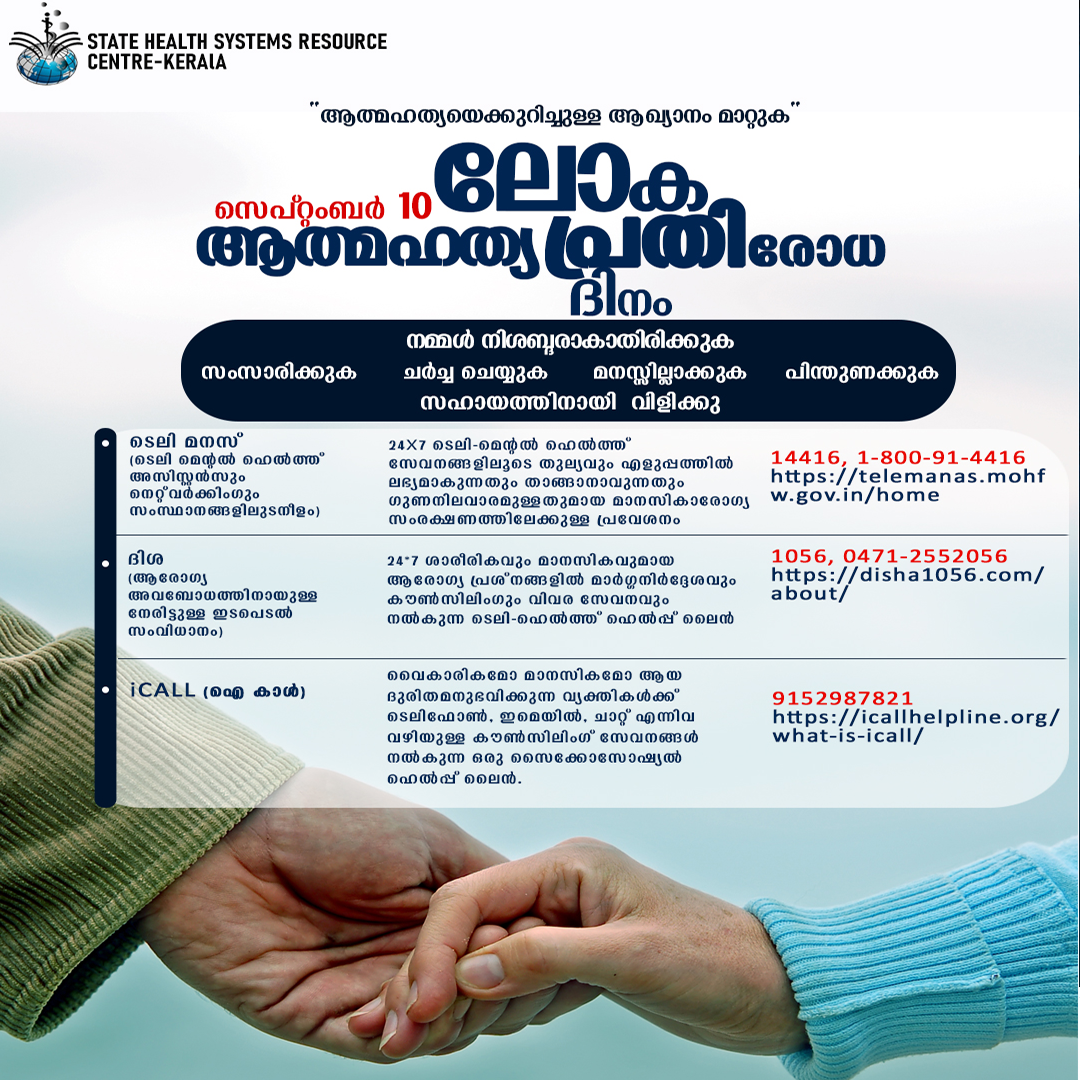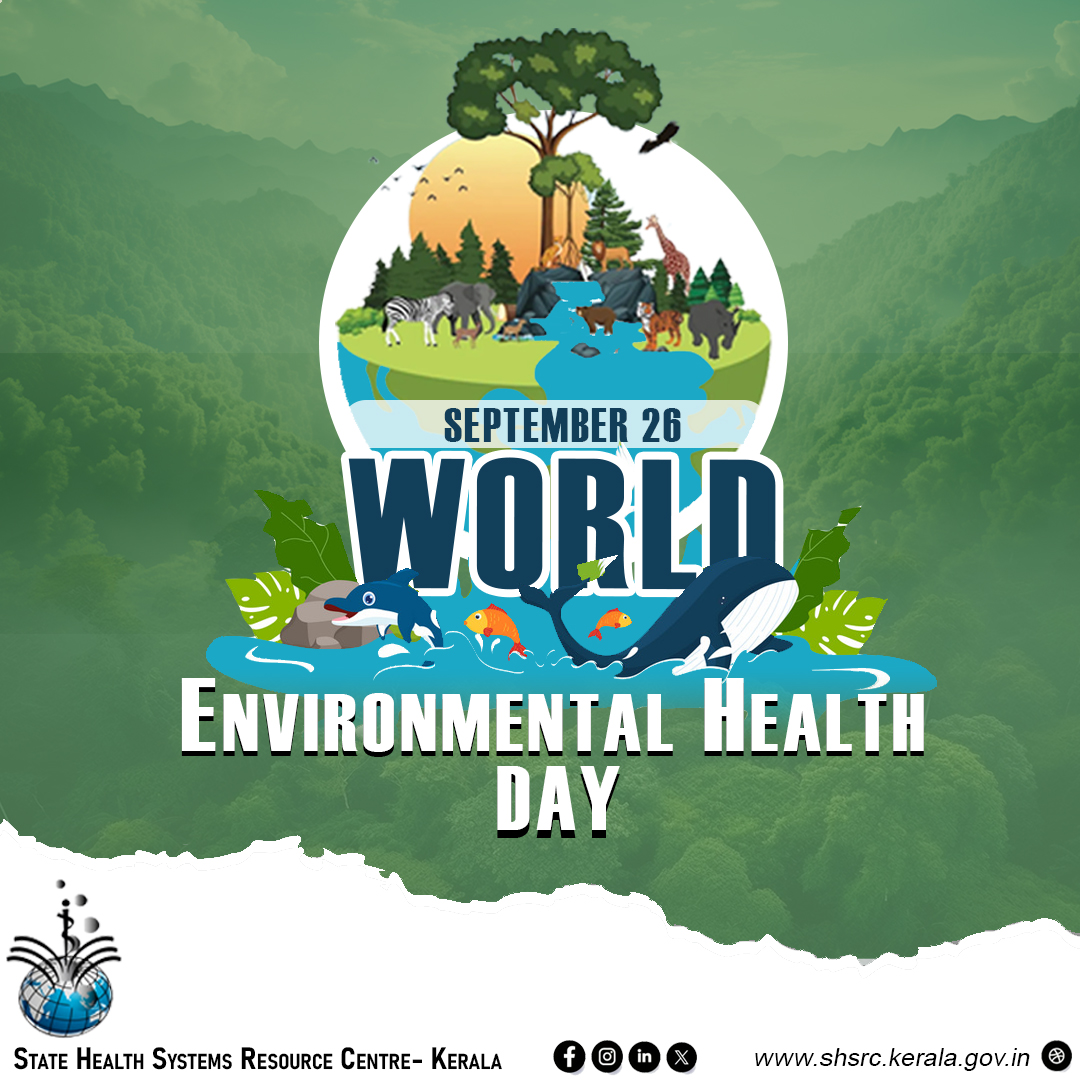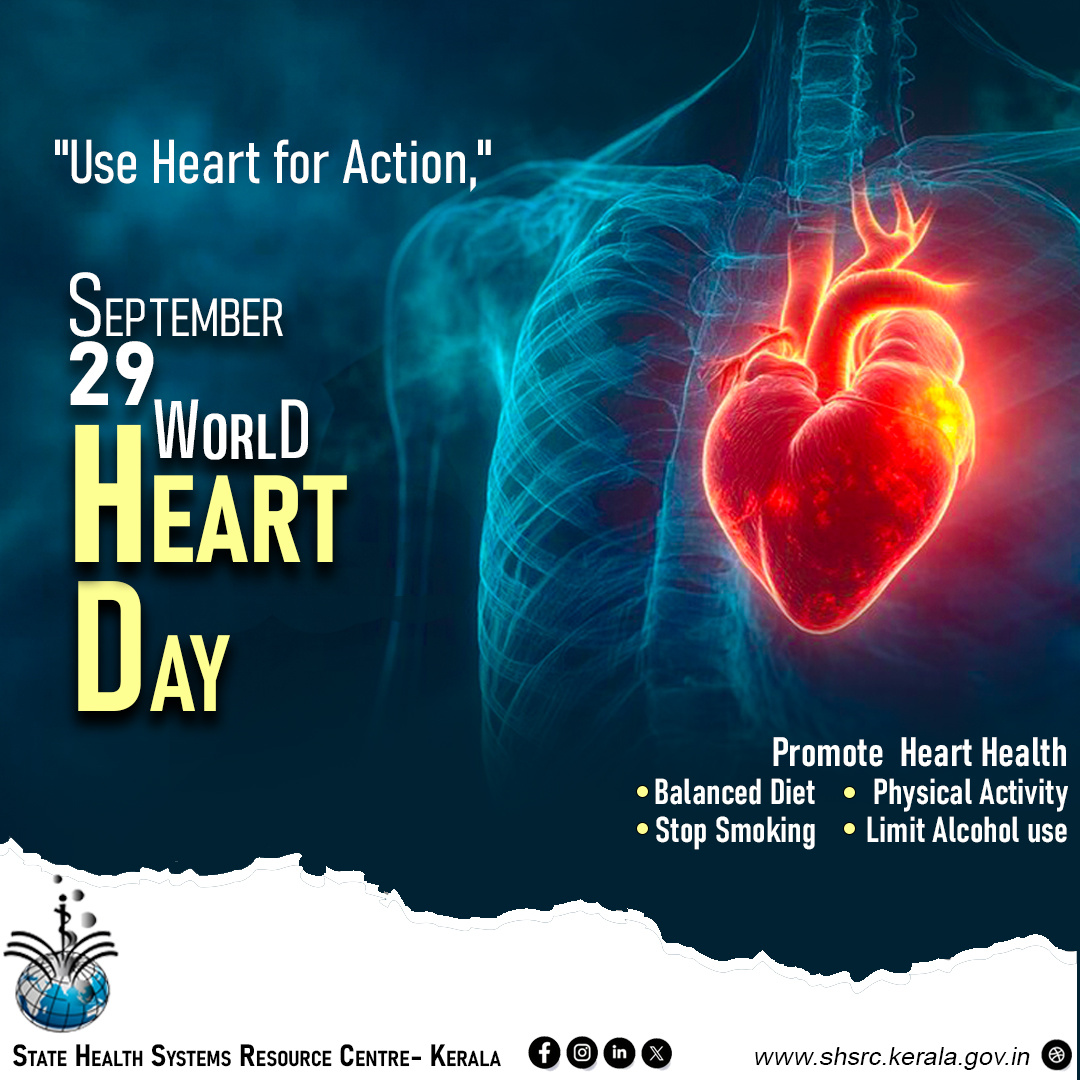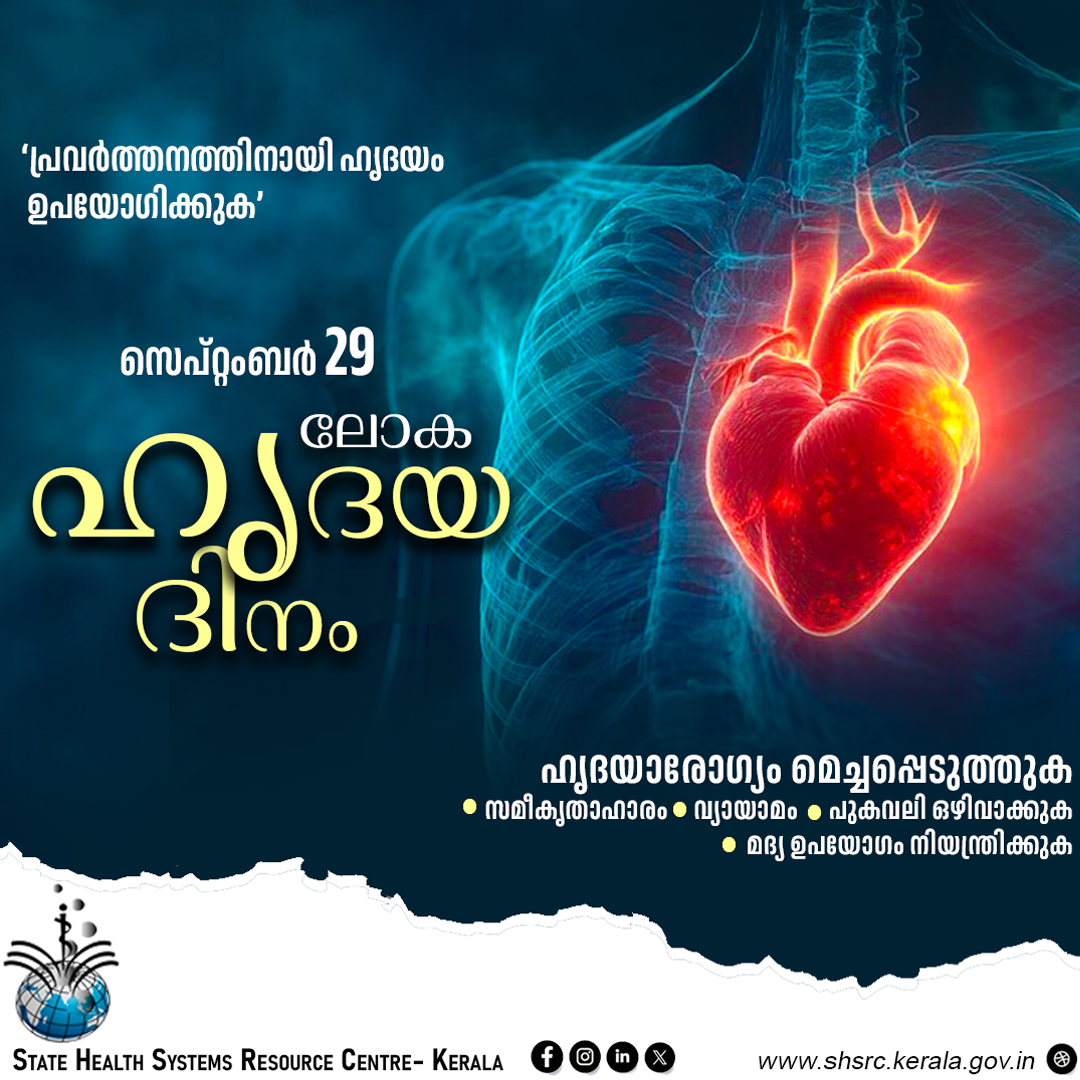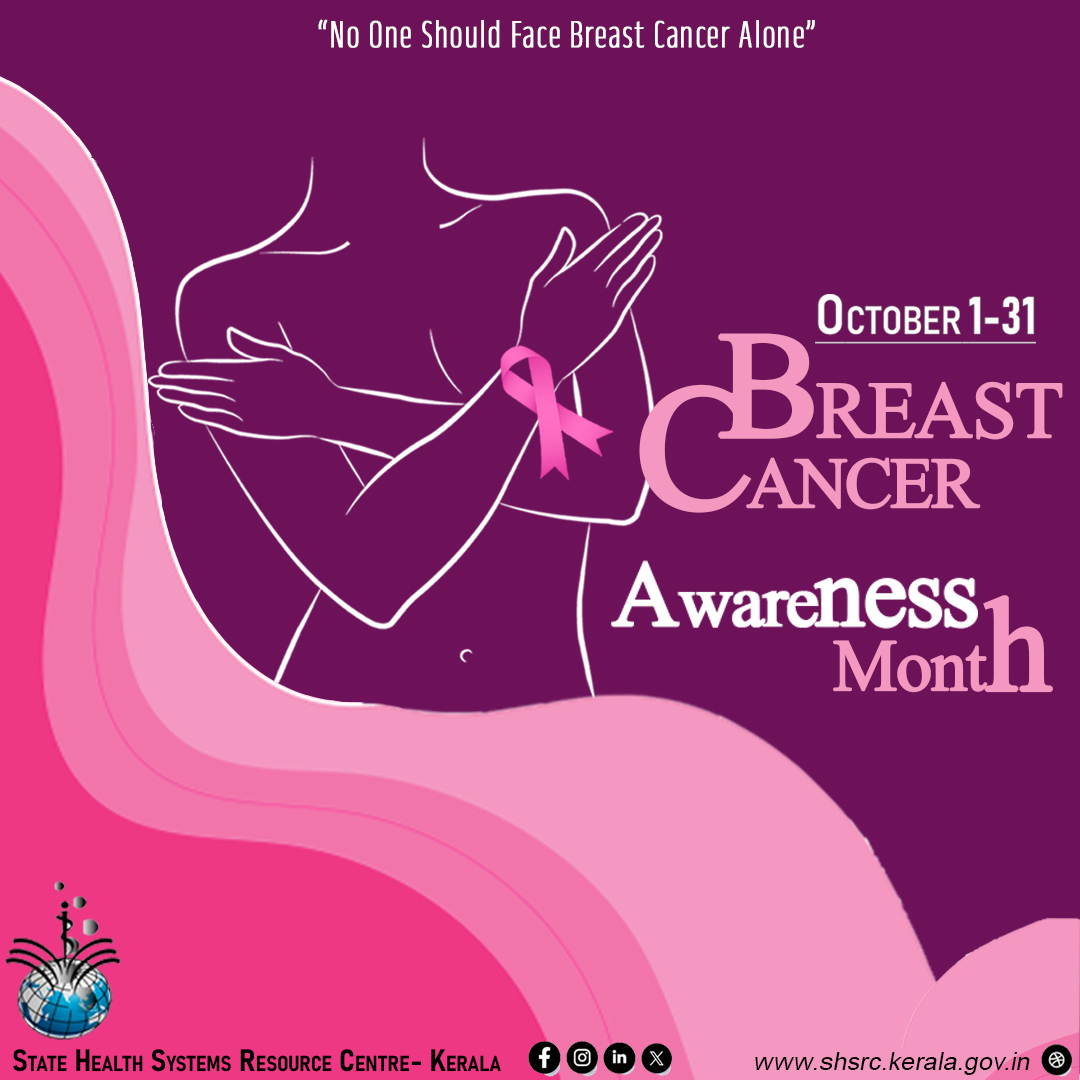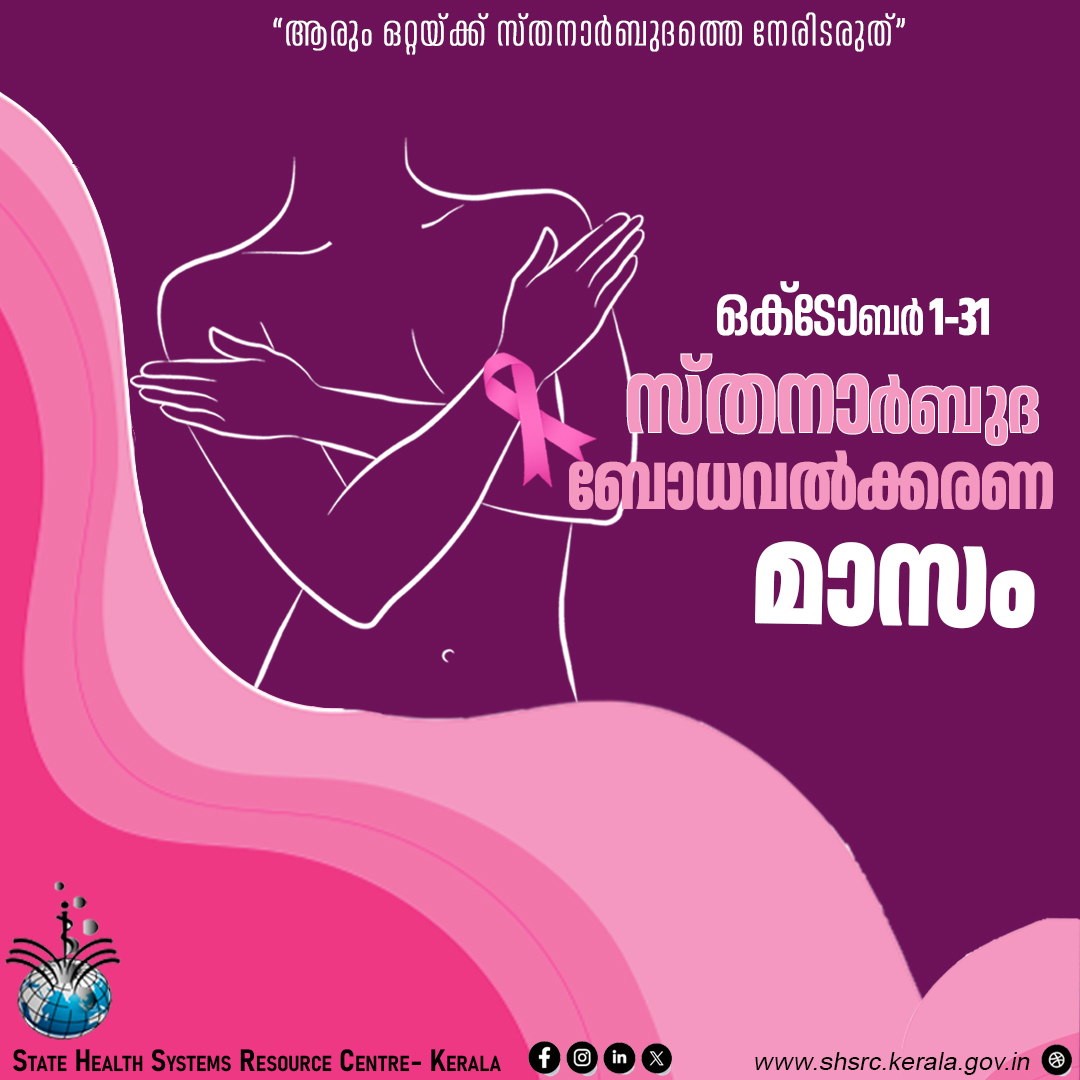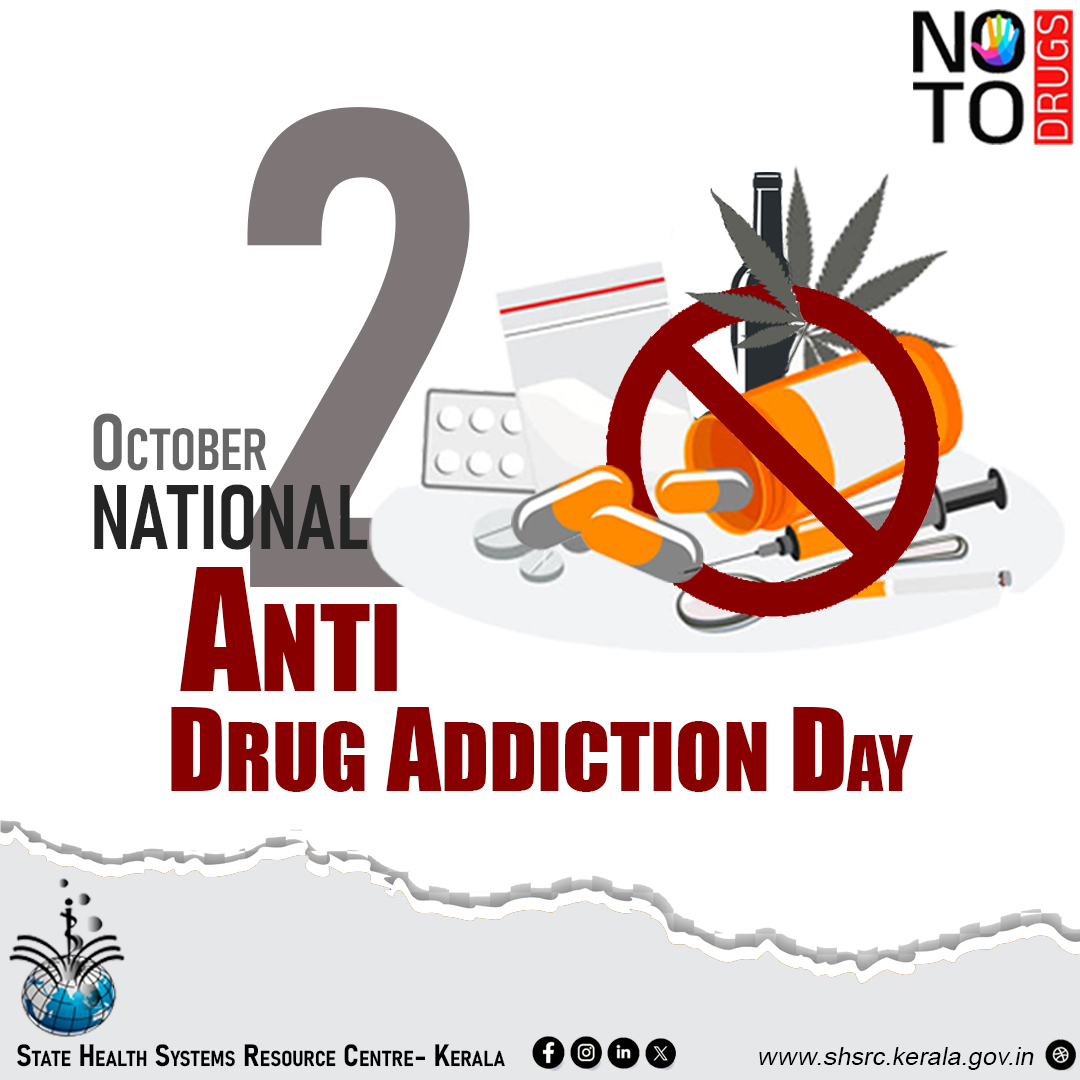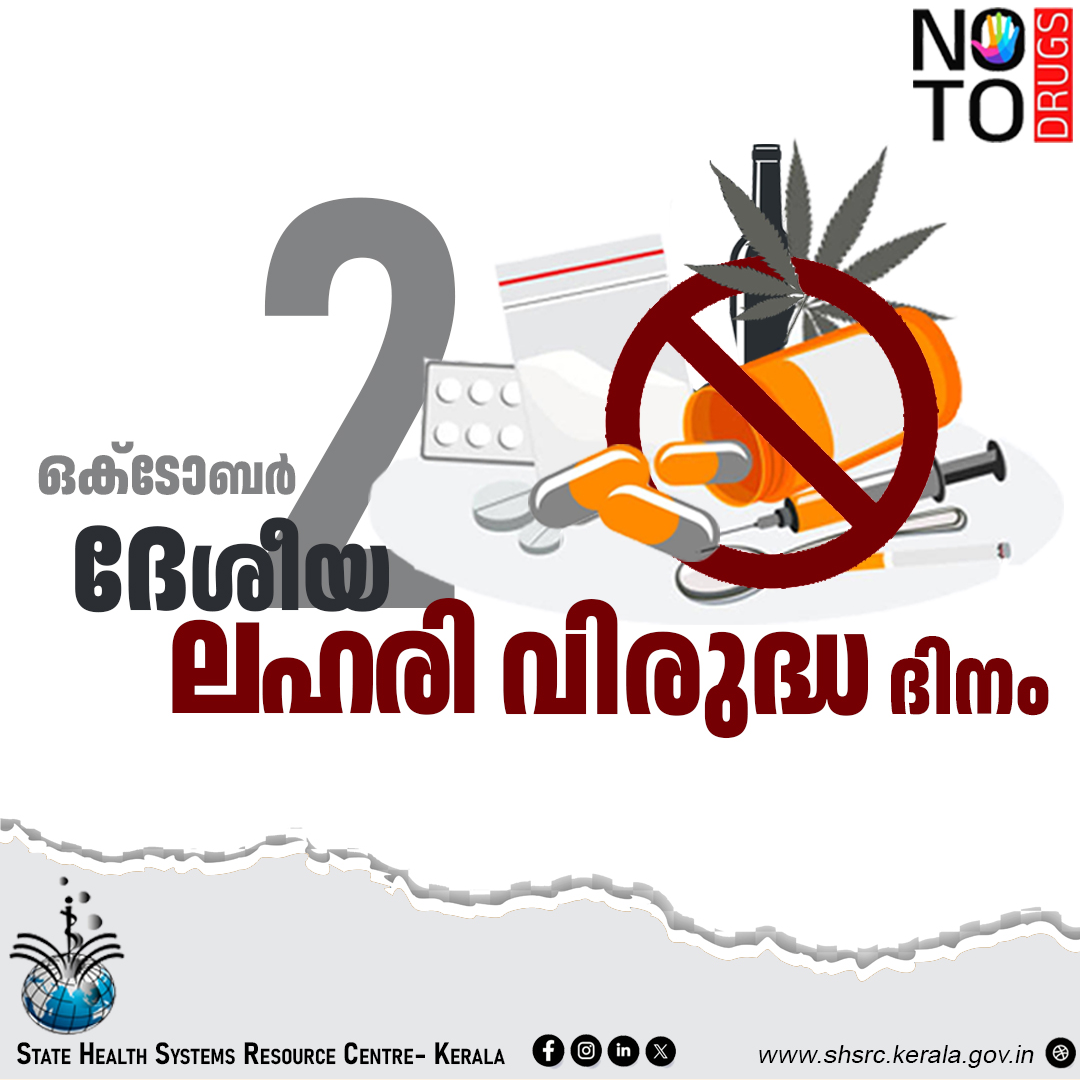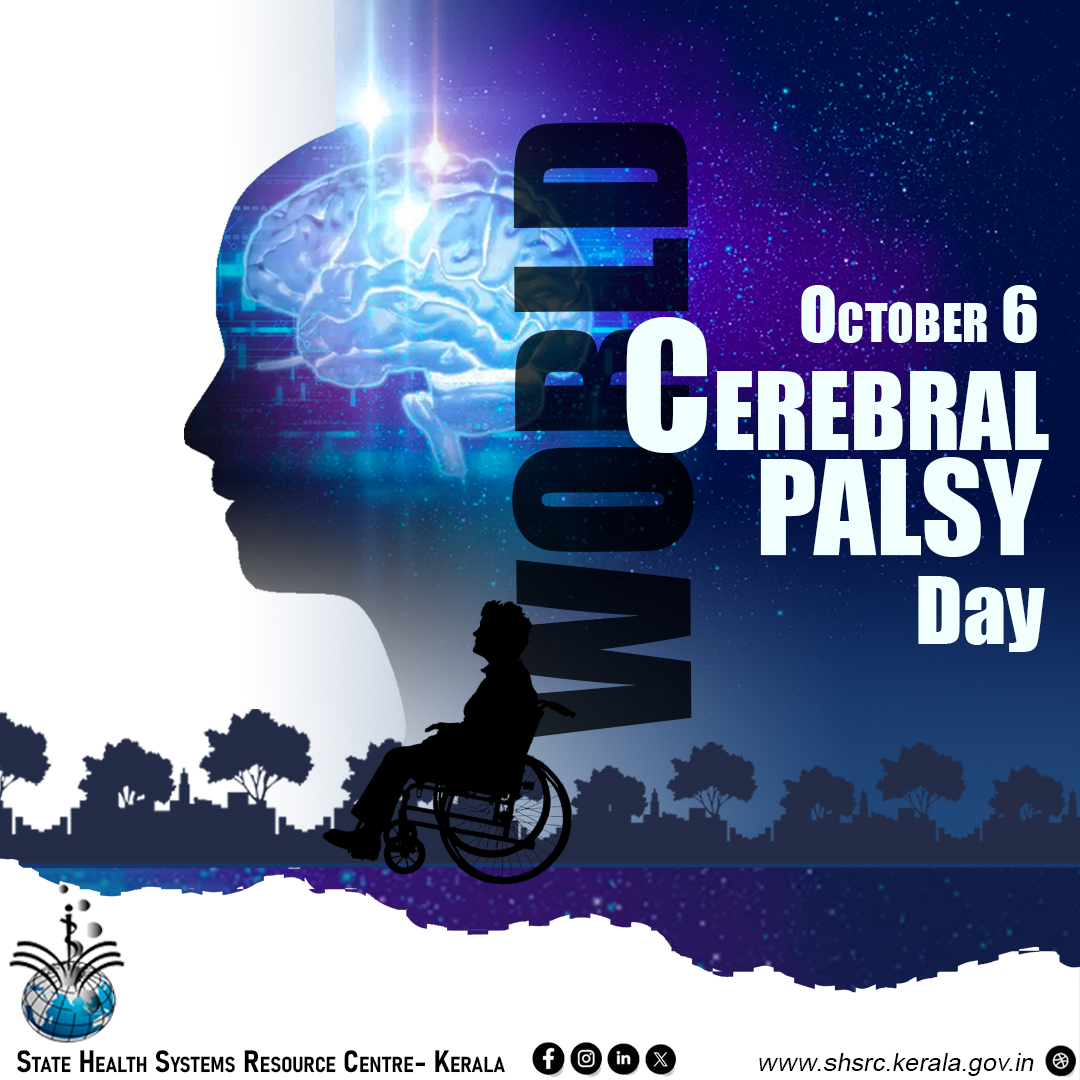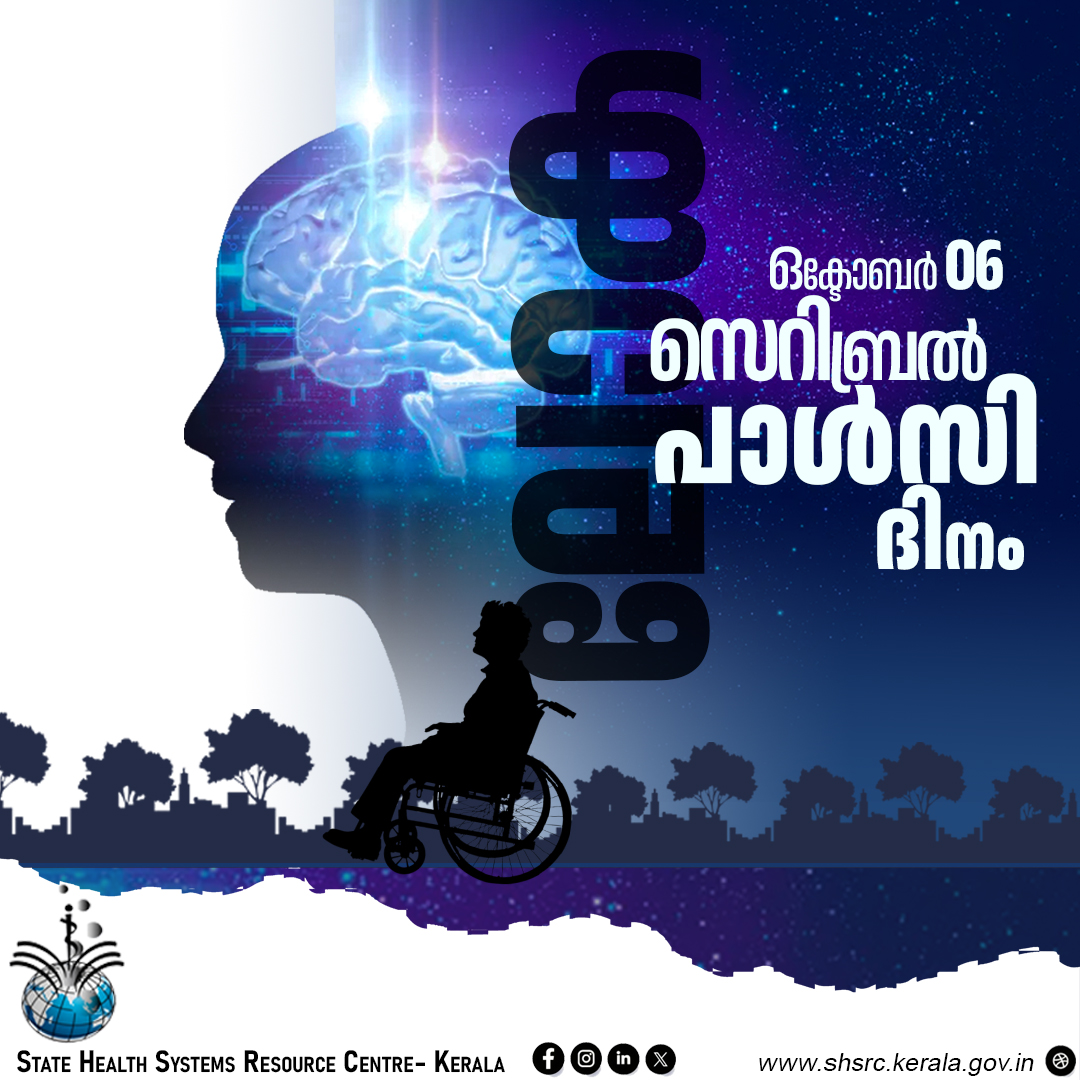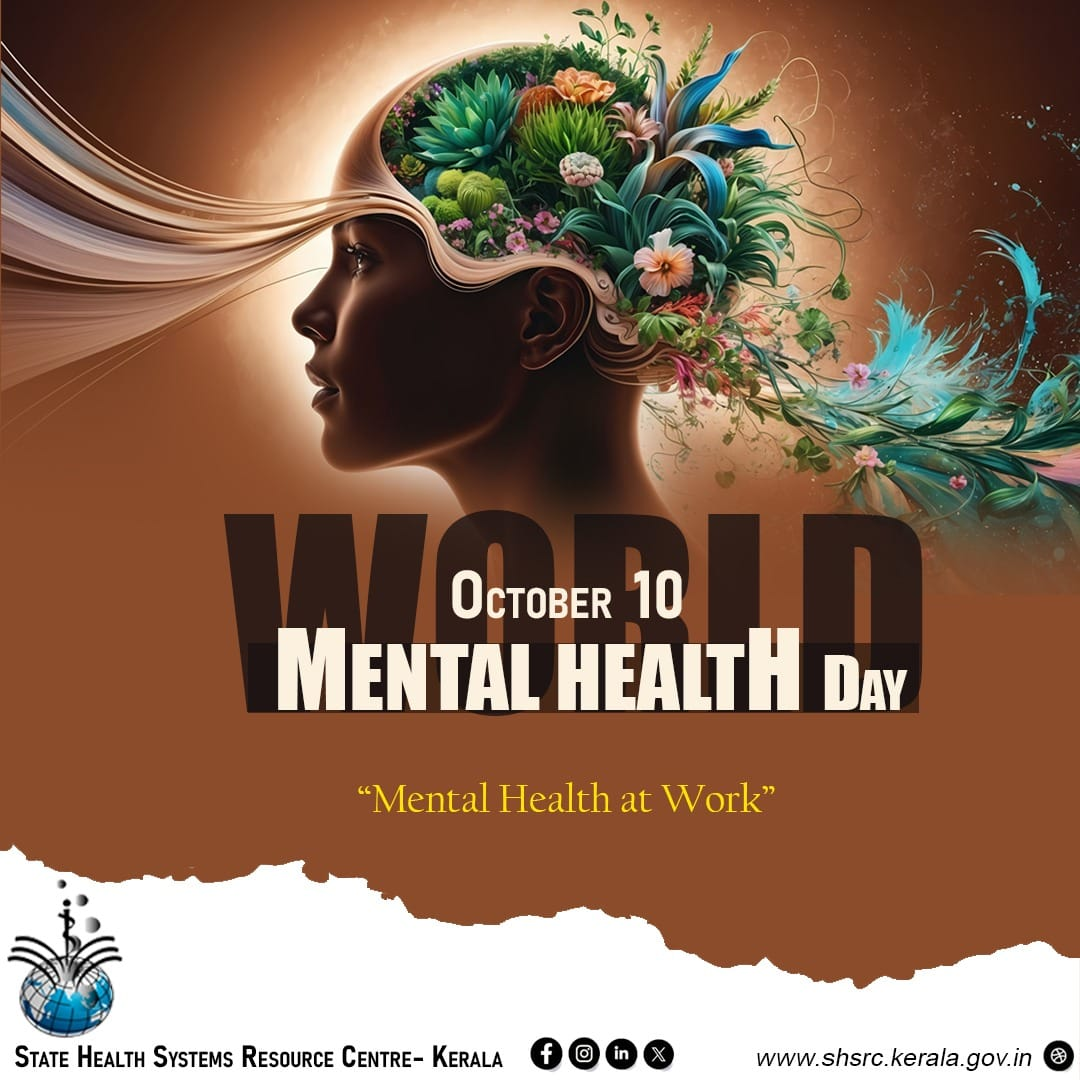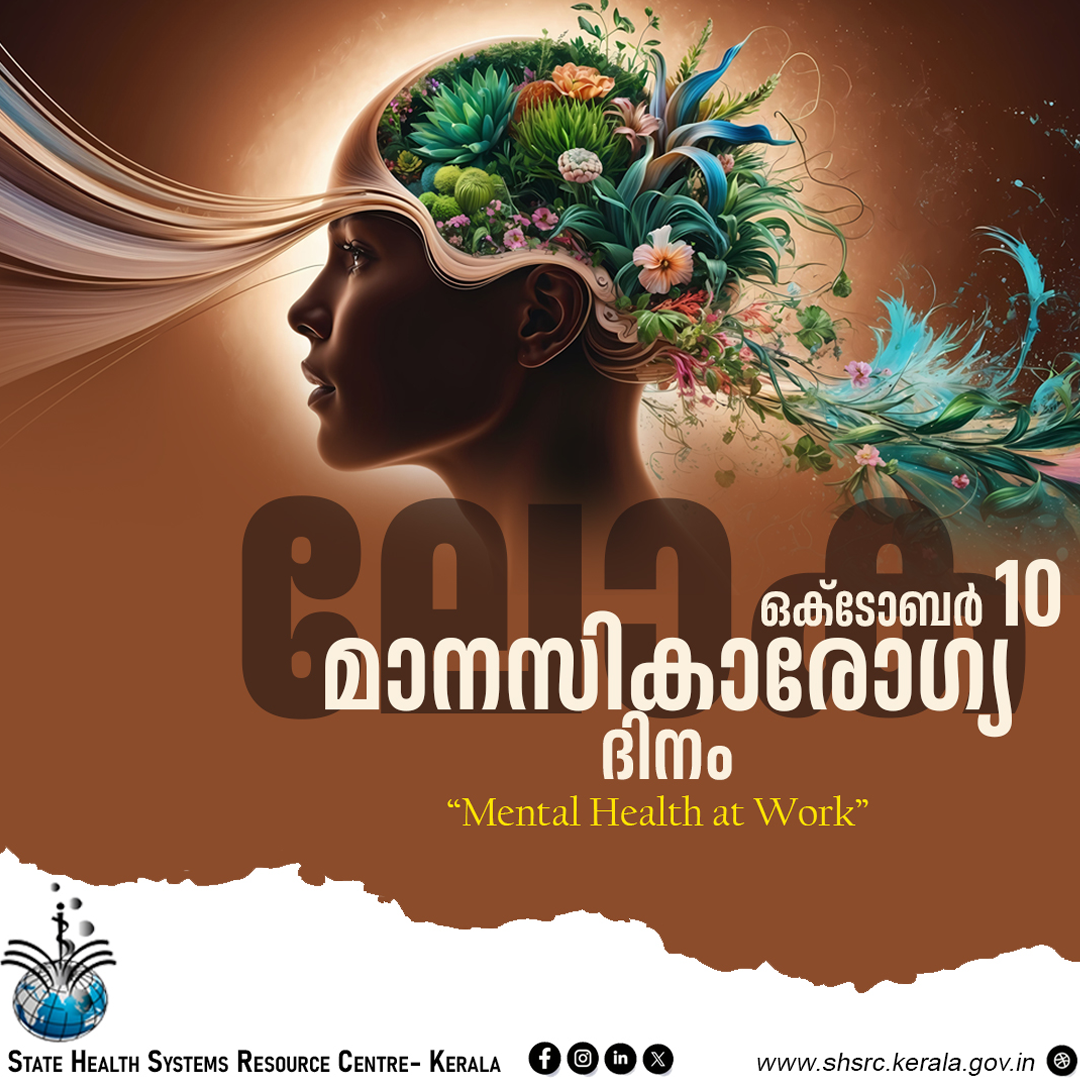Working Hours : 10.15 am - 5.15pm
IEC ,BCC Materials
IEC focuses on sharing knowledge and raising awareness through tools like media campaigns, workshops, and printed materials to inform and empower individuals. BCC builds on this by aiming to influence attitudes and behaviors, using strategic and interactive approaches such as counseling, community discussions, and targeted campaigns to encourage lasting positive change.
National Nutrition Week
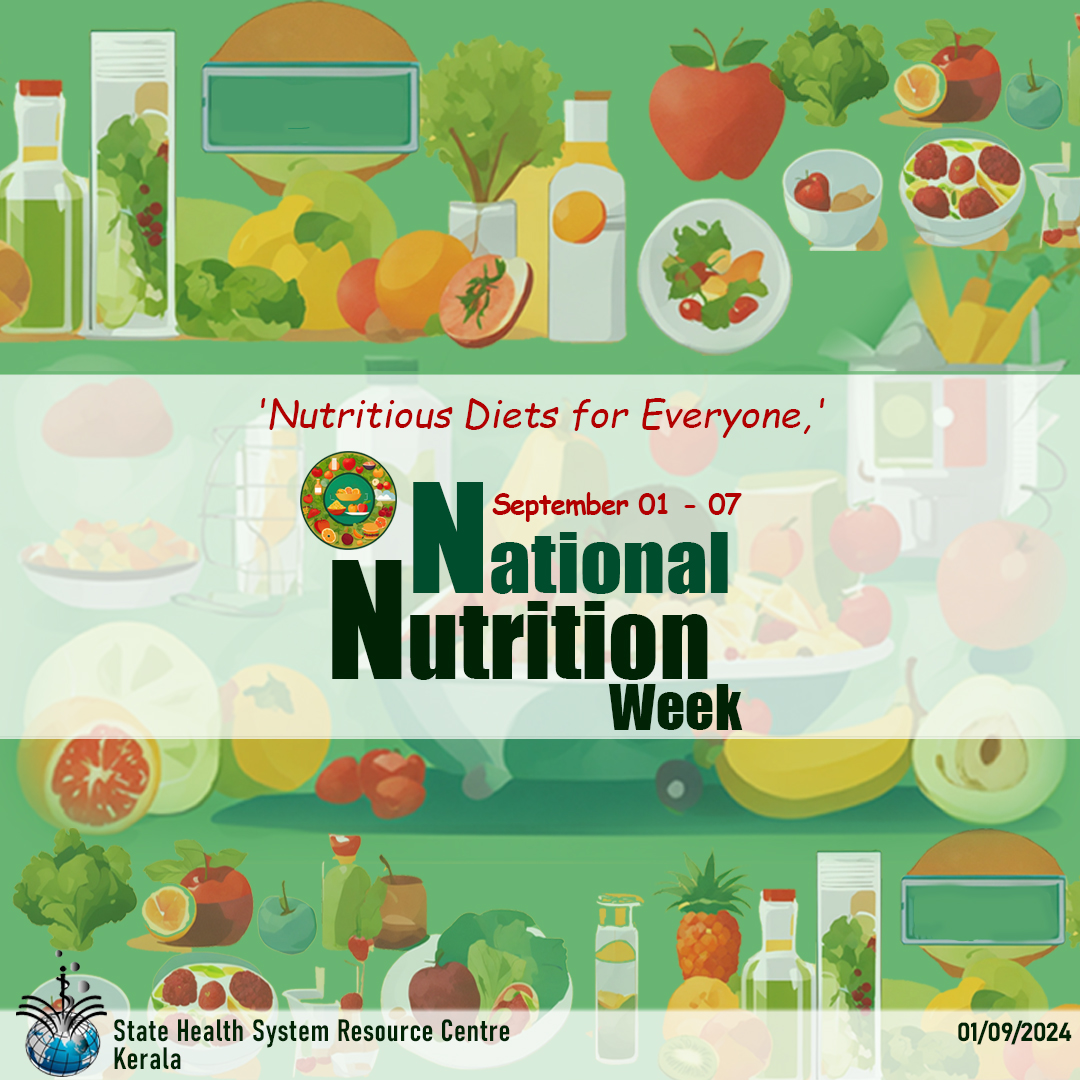
National Eye Donation Fortnight
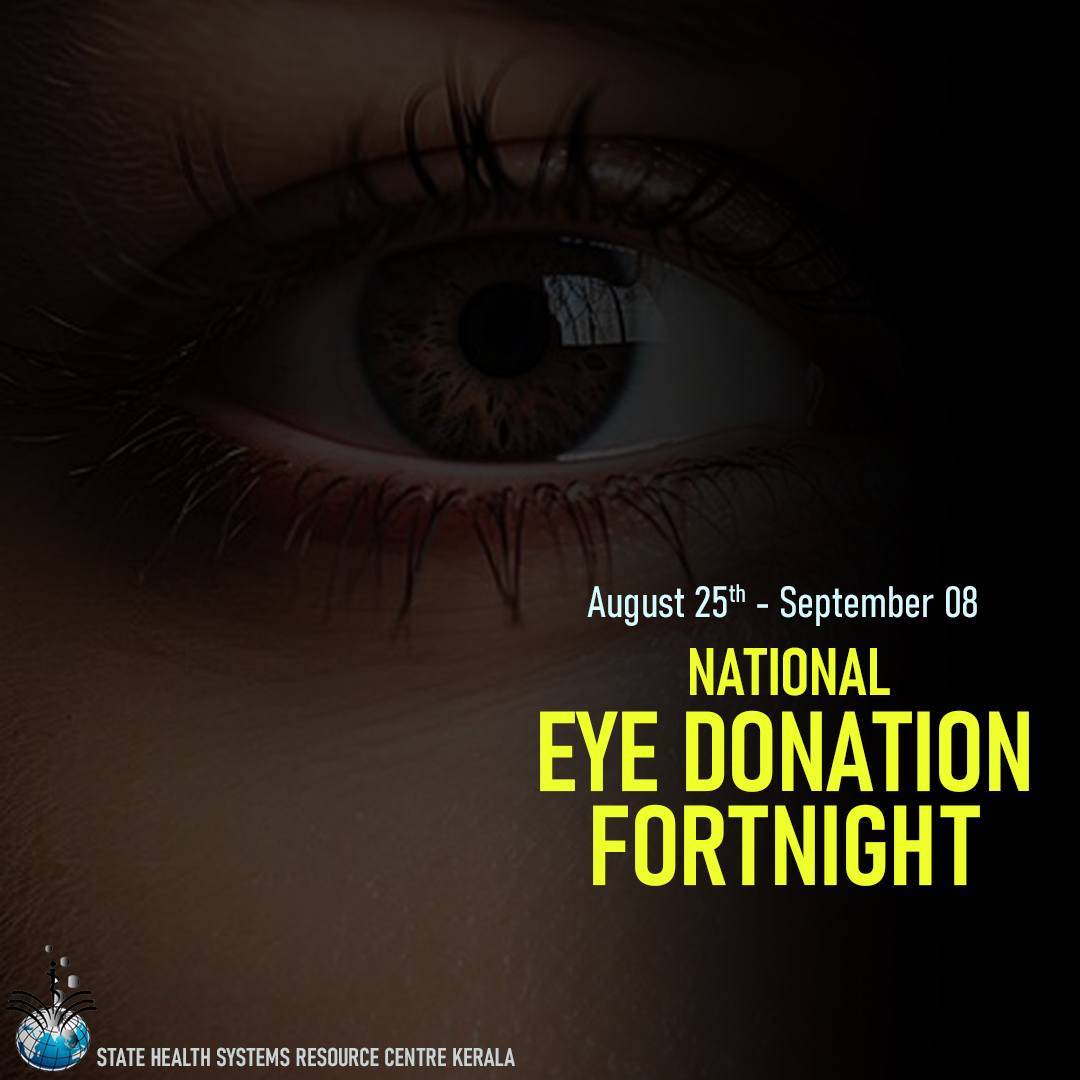
World ORS Day
World ORS Day
World ORS Day, celebrated annually on July 29th, highlights the importance of a humble drink: Oral Rehydration Solution (ORS). This life-saving solution was discovered by Dr. Dilip Mahalanabis, an Indian doctor who voluntarily served in the refugee camp of Bongaon, West Bengal, during the 1971 war. His simple mixture saved many lives from cholera, the feared epidemic that India faced at that time. This discovery is considered one of the most important medical breakthroughs of the 20th century. A simple mixture of glucose, salt, and water has the potential to save countless lives.
It is important to drink extra fluids as soon as diarrhoea starts, to maintain the body's fluid and salt balance. Soup, juices, or homemade drinks, along with water, can help maintain clear urine and satisfy frequent thirst. As dehydration tends to affect children and elderly adults with underlying medical issues more severely, ORS is particularly beneficial for them.
The water used for preparing the solution should be clean and hygienic. ORS should be consumed within 12 hours of preparation if kept at room temperature; otherwise, it should be discarded.
The benefits of ORS for a patient include:
- Rehydration: The water in the solution replenishes dehydrated cells by replacing lost fluids.
- Replacement of salts: Sodium, potassium, and chlorides, or electrolytes, are essential for the functioning of the central nervous system and muscles. These electrolytes need to be replenished, along with fluids, to avoid complications or the worsening of any associated chronic conditions.
- Sugar absorption: The glucose content of ORS aids in the absorption of electrolytes and water from the intestine into the bloodstream.
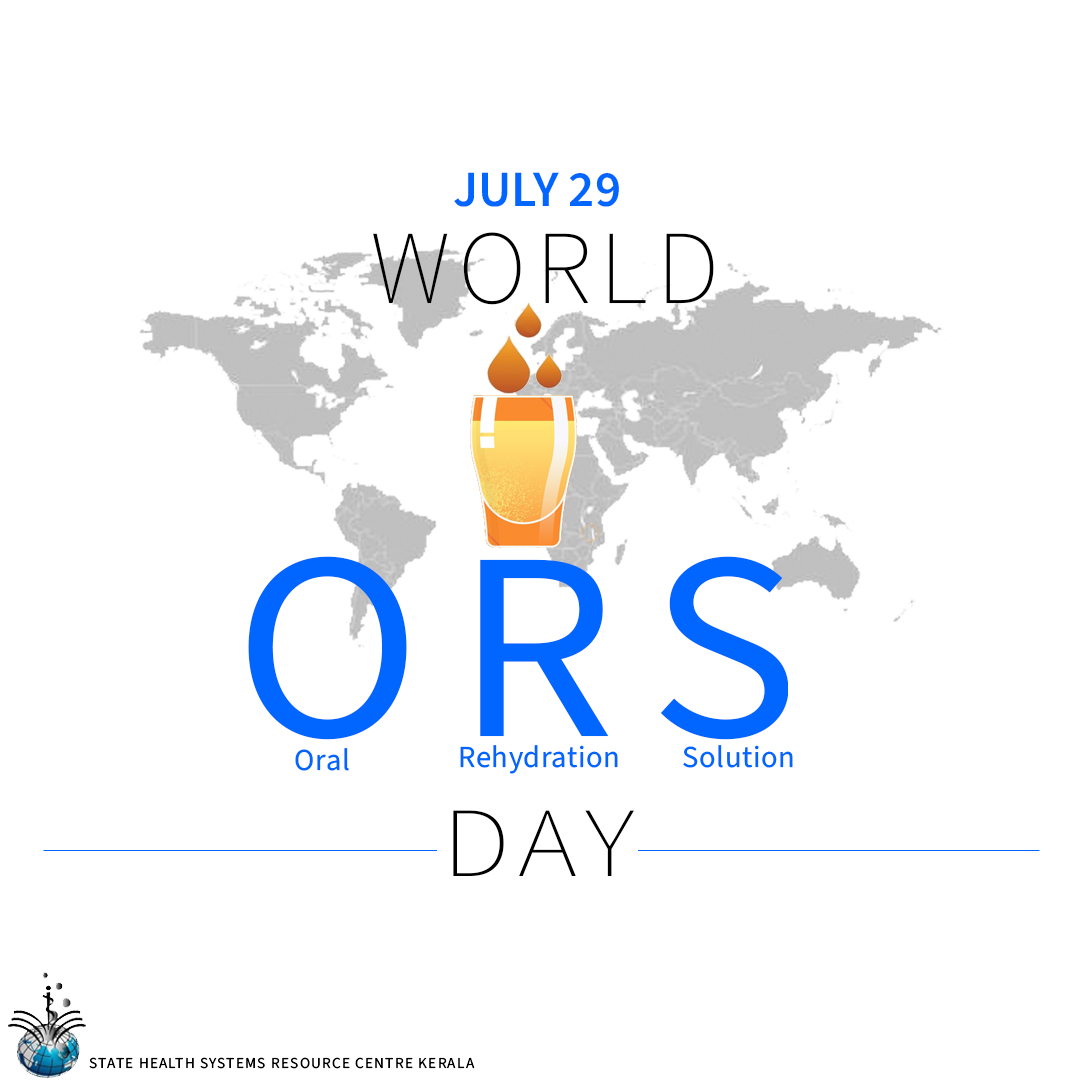
World Breast Feeding Week
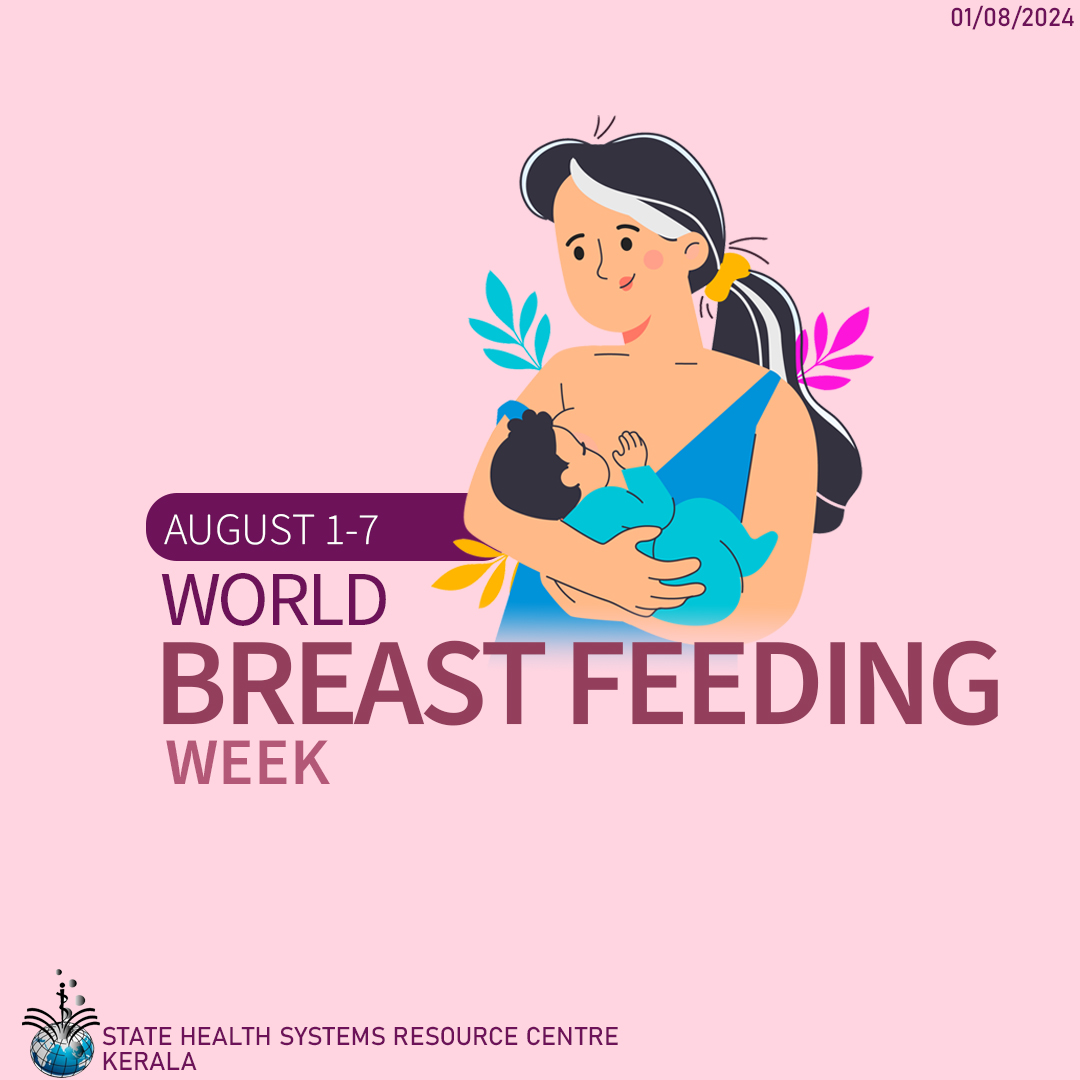
World Zoonoses day
World Zoonoses Day
World Zoonoses day is celebrated on the 6th of July every year to commemorate the administration of the first anti Rabies vaccine by the famous French Biologist Louis Pasteur on 6 July 1885 to a young boy bitten by a rabid dog. The boy was saved by the vaccine, Zoonoses are infectious diseases that spill over from vertebrate animals to humans. These may be caused by viruses, bacteria, parasites or fungi.
The best way to commemorate this day is by learning more about how Zoonoses spread and engaging in activities to prevent spill over of diseases from animals to humans The concept of One Health reiterates that the health of humans, animals and the environment are interlinked and any deterioration in one can have serious impacts on the other. It is high time humans realise that we do not have an existence separated from our environment and the numerous living beings in it.
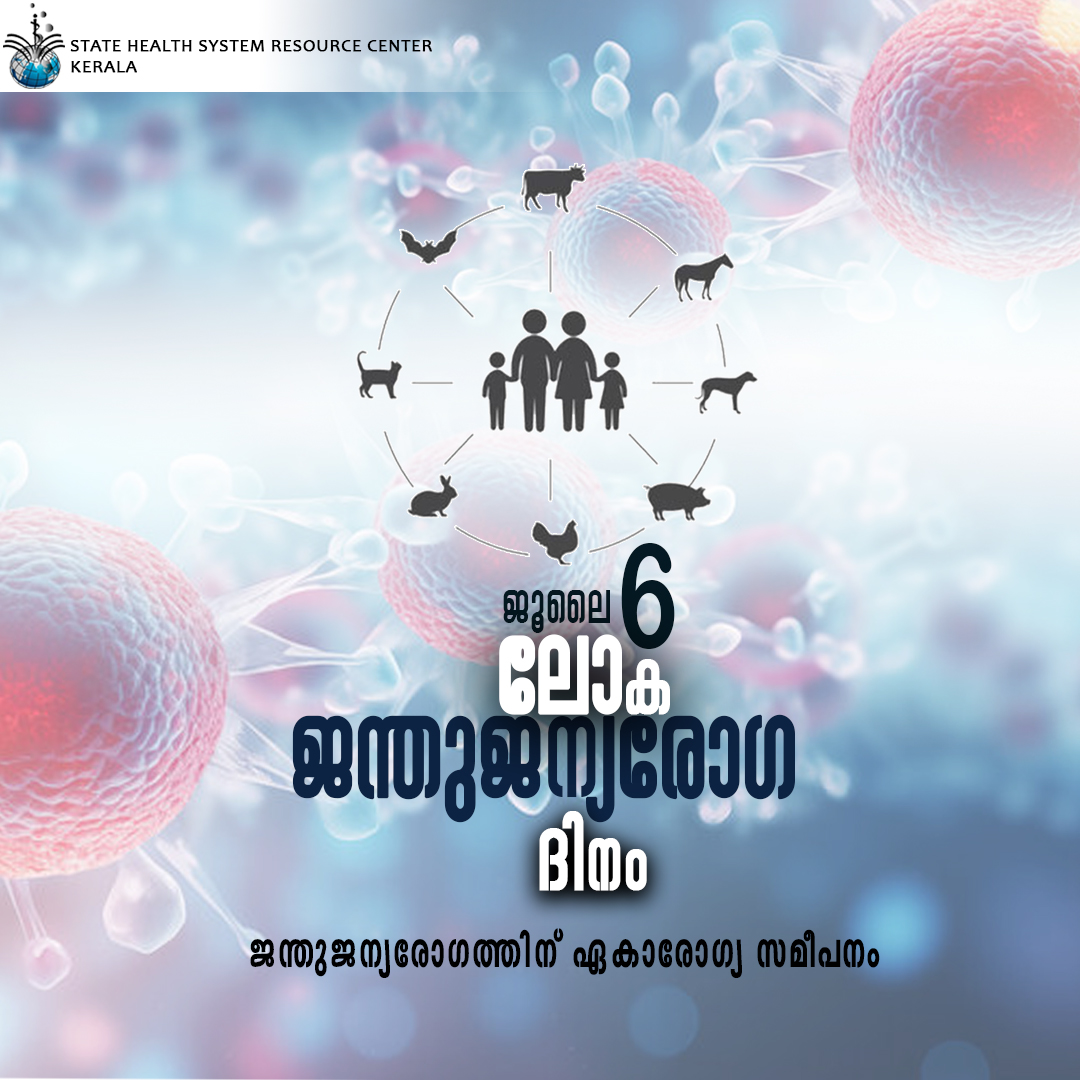
World Suicide Prevention Day
World Suicide Prevention Day 2024
10th September
Theme: “Changing the narrative on suicide”
10th September of each year aims to focus attention on the issue of suicides, and to reduce stigma and raise awareness among organizations, governments, and the public, giving a singular message that suicides are preventable.
World Suicide Prevention Day (WSPD) Observation was started in 2003 by the International Association for Suicide Prevention in conjunction with the World Health Organization (WHO).Suicide is a major public health problem with far-reaching social, emotional, and economic consequences. It is estimated that there are currently more than 700,000 suicides per year worldwide, and each suicide profoundly affects many more people. Suicide remains a critical global issue, affecting individuals and communities worldwide.
The theme for WSPD from 2024-2026 is "Changing the narrative on Suicide" with the call to Action "Start the Conversation"
This theme aims to:
- Raise awareness about the importance of reducing stigma
- Encourage open conversations to reduce suicides
- Transform the way the public and professionals conceive the complex issue of Suicides
- Fostering empathy and compassion for those who are suffering suicides
The call for action: "Start the conversation" aims at
- Transforming the culture of silence and stigma surrounding suicides to one of openness, understanding and support.
- Encouraging everyone to start the conversation on suicides and suicide prevention.
Suicidal thoughts and feelings are a sign of immense pain and distress but talking about it does not increase the occurrence of suicides. Rather listening without judgment, offering support, and guiding individuals towards help can in fact prevent suicides.
By initiating vital conversations, we can break down barriers, raise awareness, and create a better culture of understanding and support. Every conversation, no matter how small, contributes to a more supportive and understanding society.
It is crucial to recognize that World Suicide Prevention Day is a day dedicated to raising awareness, fostering change, and providing a supportive sense of community and understanding for those with lived or living experiences.
World Alzheimer’s Day
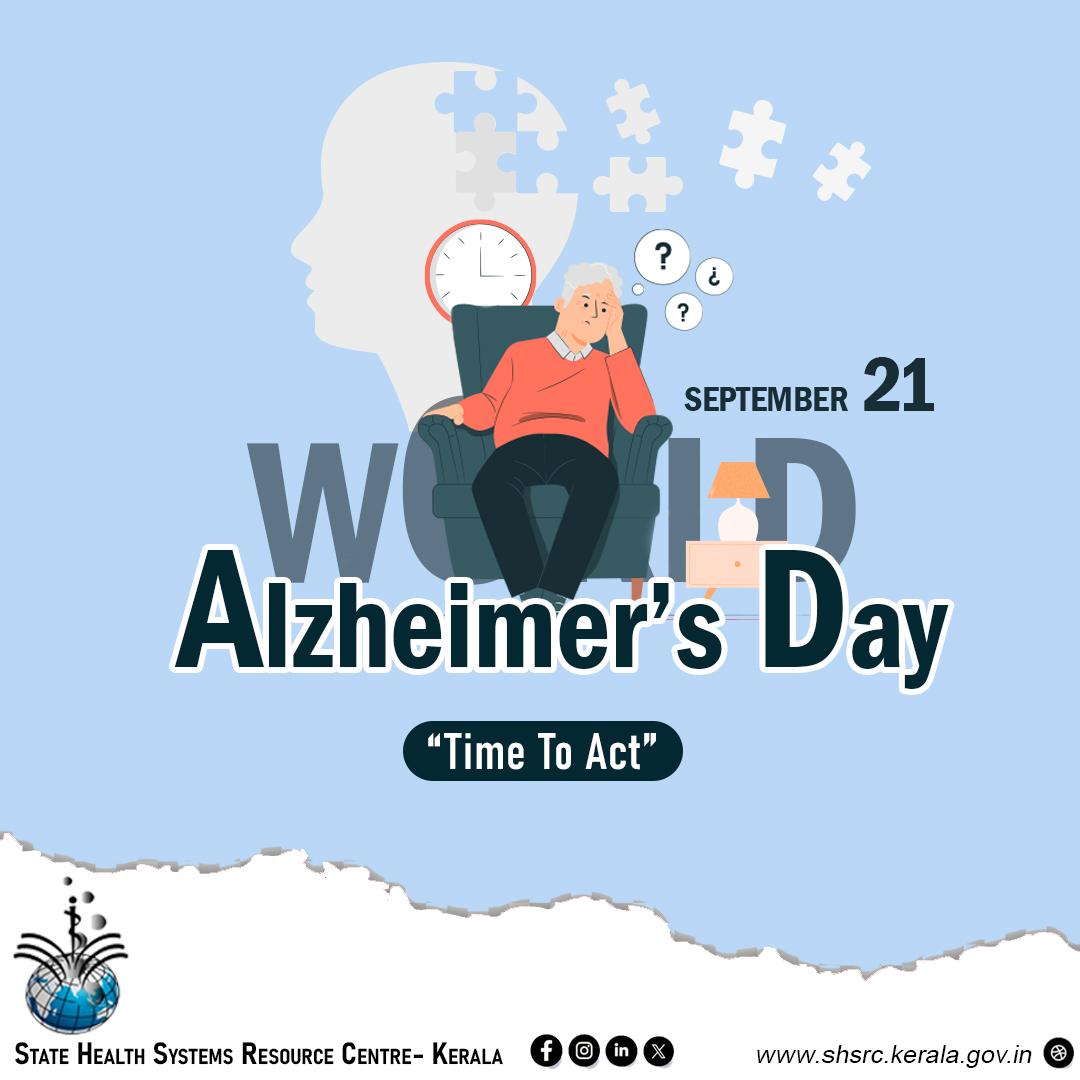
World Environmental Health Day
World Environmental Health Day
World Environmental Health Day, celebrated annually on September 26, aims to emphasize the impact of environmental health on human well-being. The International Federation of Environmental Health (IFEH) initiated the observance of World Environmental Health Day from 2011 to raise awareness of environmental health risks. Since its inception the day has gained significance, helping people recognize the connection between our health and the state of our environment. Environmental health is vital as it significantly influences both our physical and mental health.
The theme for World Environmental Health Day 2024 is "Environmental Health: Creating Resilient Communities through Disaster Risk Reduction and Climate Change Mitigation and Adaptation," and highlights the critical need to safeguard and care for the environment to guarantee a sustainable and healthy future for the future generations.
Climate change and disaster risks are fundamental threats to sustainable development, human well-being, and poverty reduction. Their negative impacts have the potential to reverse decades of progress. To build resilient and sustainable communities, it is essential to address both climate change and disaster risks comprehensively. This involves integrating management of these risks and opportunities for risk reduction into development planning and budgeting. Environmental health plays a crucial role in this process—both in preparation for, response to, and recovery from disasters.
World Environmental Health Day serves as a poignant reminder of the significant impact our environment has on our health and well-being. It urges individuals, communities, and nations to work together to create a balanced relationship between people and the environment, ensuring a healthier and more sustainable future for everyone.
On World Environmental Health Day, let's raise awareness about the challenges our planet faces and take action to improve both personal and community health. Together, we can tackle pollution, waste management, and climate change for a healthier, sustainable future.
World Rabies Day
World Rabies Day
28th September
"Breaking Rabies Boundaries"
Rabies is a vaccine-preventable viral disease which occurs in more than 150 countries and territories. Dogs bites and scratches are the source of most human rabies deaths, contributing up to 99% of all rabies transmissions to humans. Human deaths can also occur following exposure to cats, foxes, raccoons, skunks, jackals, mongooses, and other wild carnivore host species. India is endemic for rabies, and accounts for 36% of the world’s rabies deaths. About 30-60% of reported rabies cases and deaths in India occur in children under the age of 15 years as bites that occur in children often go unrecognized and unreported. To raise awareness about rabies prevention and highlight progress in defeating this devastating disease, World Rabies Day is celebrated annually on 28 September, marking the anniversary of Louis Pasteur’s death—the French chemist and microbiologist who developed the first rabies vaccine. This year’s theme is “Breaking Rabies Boundaries" which highlights that One Health is not for a selected few but for everyone.
Rabies control programmes offer a great example to operationalize One Health - building the structures and trust that are crucial to establish systems for other zoonotic diseases, including those that are pandemic-prone. This theme calls for innovative strategies and collaboration across various sectors and regions, highlighting the importance of integrating human, animal, and environmental health efforts. By breaking boundaries, we can overcome geographic, socioeconomic, and educational barriers, ensuring widespread vaccination, awareness, and access to medical care. This unified approach is crucial in the fight against rabies, fostering a world where the disease is no longer a threat to both humans and animals. The theme further emphasizes the importance of equity and the need for strengthening overall health systems to ensure that One Health is not for a select few but rather something that should be available to everyone.
The National Centre for Disease Control (NCDC), Delhi developed and revised (in 2019) rabies post-exposure prophylaxis guidelines after expert consultations and, incorporating the latest WHO guidelines, to align national practices with global standards. The guideline is followed throughout India
World Heart Day
World Heart Day
29th September
“Use Heart for Action”
World Heart Day, observed annually on September 29th, aims to raise awareness about cardiovascular diseases and encourage healthy lifestyle choices. Initially celebrated on the last Sunday of September, the first World Heart Day took place in September 2000. The theme for World Heart Day 2024 is "Use Heart for Action," focusing on the importance of proactive measures to improve heart health.
The heart pumps blood to all parts of the body, delivering oxygen and nutrients to cells and removing carbon dioxide and other waste products.
Key Messages for World Heart Day 2024: Prevention is Better than Cure Prevention remains the cornerstone of cardiovascular health. The majority of heart diseases can be prevented through simple lifestyle changes such as maintaining a balanced diet, engaging in regular physical activity, avoiding tobacco use, and limiting alcohol consumption. On World Heart Day, individuals are encouraged to make heart-healthy choices and inspire others to do the same.
World Heart Day is an important reminder to take proactive steps to maintain heart health. By adopting healthy lifestyle choices, such as a balanced diet, regular exercise, and avoiding tobacco use, we can significantly reduce the risk of cardiovascular diseases. Let’s use heart for action and make heart health a priority in our lives.
Breast Cancer Awareness Month
Breast Cancer Awareness Month
October 2024
Theme: No One Should Face Breast Cancer Alone
Globally, breast cancer is the most common cancer among women, accounting for 30% of all new cancer cases. While risk factors vary, understanding them plays a critical role in early detection and achieving more successful outcomes. Studies indicate that one in every twenty-eight women in India is likely to develop breast cancer during her lifetime, highlighting the urgent need for continued awareness, prevention efforts, and accessible healthcare services.
Goals:
- Raise Breast Cancer Awareness
- Fundraising for Breast Cancer Research
- Provide Support to Those Undergoing Treatment
- Unite Breast Cancer Survivors
Key Breast Cancer Risk Factors:
Common Symptoms of Breast Cancer
What You Should Do
If you have risk factors for breast cancer, it’s essential to schedule regular screenings, including mammograms, to ensure early detection. Educate yourself about the symptoms of breast cancer and perform monthly self-breast exams to monitor for any changes. Should you notice any concerning symptoms, consult a doctor immediately for evaluation.
Additionally, if you have a family history of cancer, consider seeking genetic counselling and testing for BRCA1, BRCA2, or other hereditary cancer-related genes, as this can significantly aid in early detection and timely treatment.
Join the fight—spread awareness, encourage early detection, and support those on their breast cancer journey. Together, we can save lives.
National Anti-Drug Addiction Day
National Anti-Drug Addiction Day
02nd October
On October 2nd, alongside Gandhi Jayanti, India observes National Anti-Drug Addiction Day, a day dedicated to raising awareness about the dangers of drug addiction. Mahatma Gandhi himself condemned the use of drugs, making this day even more significant. Said the father of the Nation in young India; “The drink and the drug evil is in many respects infinitely worse then the evil caused by malaria and the like; for, whilst the latter only injure the body, the former saps both body and soul”
National Anti-Drug Addiction Day, first marked in 2015, serves as a reminder of the ongoing battle against drug abuse. Various organizations across the country unite each year to work towards a drug-free India. This day is an opportunity to raise awareness about the risks of addiction and create a supportive environment for those seeking help.
Steps to Overcome Drug Addiction:
Let’s use this day to empower individuals, families, and communities to fight against drug addiction and support those on their journey to recovery. Together, we can create a healthier, drug-free India.
To compliant Against drugs call on to 9061178000,9447178000,112
For Counseling call on to 14405
World Cerebral Palsy Day
World Cerebral Palsy Day
World Cerebral Palsy Day, observed annually on October 6, provides an opportunity to unite in celebrating the resilience, diversity, and vibrancy of individuals with Cerebral palsy. Cerebral palsy (CP) is a group of disorders that impact an individual’s ability to move, maintain balance and posture. It results from abnormal brain development or damage to the developing brain, which impairs muscle control.
World Cerebral Palsy Day was first observed in 2012 by Cerebral Palsy Alliance (Australia) and United Cerebral Palsy (USA). It has since garnered support from over 450 organizations, including cerebral palsy service providers, universities, parent groups, research institutes, student associations, schools, and children's hospitals across 65 countries.
TThis year’s theme for the global campaign on World CP Day is Uniquely CP.
The day highlights the needs and challenges faced by people with cerebral palsy (CP), celebrates their achievements, and appreciates the support of families and caregivers. It raises awareness about CP, promotes prevention, and fosters understanding. By bringing together organizations, the day encourages social change and advocates for a more inclusive world that recognizes and supports individuals with CP.
World Mental Health Day
World Mental Health Day
10 October 2024
"Mental Health at Work"
World Mental Health Day (10 October) is celebrated as the internatiorial day for global mental health education, awareness and advocacy against social stigma.
Mental health is vital to humanity, allowing us to lead fulfilling lives and contribute fully to our communities. As per the World Health Organization (WHO) one in eight people around the world lives with a mental health condition, with women and young people being disproportionately impacted. Three in four people affected receive inadequate treatment - or no care at all and many face stigma and discrimination. Mental health is an integral part of health, it is more than the absence of mental illnesses. It is the foundation for well-being and effective functioning of individuals. It includes mental well-being, prevention of mental disorders, treatment and rehabilitation.
This World Mental Health Day, WHD is uniting with partners to highlight the vital connection between mental health and work Safe, healthy working environments can act as a protective factor for mental health. Unhealthy conditions including stigma, discrimination, and exposure to risks like harassment and other poor working conditions, can pose significant risks, affecting mental health, overall quality of life and consequently participation or productivity at work. With 60% of the global population in work, urgent action is needed to ensure that workplaces take steps to prevents risks to mental health and protects and supports mental health at work.
To promote mental health at work, collaboration between governments, employers, organizations that represent employers and employees, and other parties involved in worker health and safety is crucial. Employees, their representatives, and those who have personal experience with mental health issues should all be meaningfully involved in any action taken to address mental health at work.
By investing efforts and resources in evidence-based approaches and interventions at work, we can ensure that everyone has the opportunity to thrive at work and in life. Let's take action today for a healthier future.
For any assistance, Contact: 14416,1-800-91-4416 (Tele MANAS), 9152987821 (iCALL), 1056, 0471-2552056 (DISHA)
World Trauma Day
World Trauma Day
17 OCTOBER 2024
Workplace Injuries: Prevention & Management
What is World Trauma Day?
World Trauma Day is observed on October 17 each year with an emphasis on saving lives and spreading awareness about how to attend to emergency cases properly. The day is structured to create increased awareness about trauma and to educate the public on ways to address traumatic incidents and deaths.
History and Public Health Significance
The first annual World Trauma Day was established in 2011 in New Delhi, India, as an estimated over 400 people were killed every day in traffic-related incidents across the country. According to the World Health Organization (WHO), more than 50 lakh people die each year as a direct result of injury. This equates to one death every six seconds and 9 percent of all deaths worldwide. Annually, it is estimated that 10 lakh people in India will die due to injuries, and another 2 crores will be admitted to hospitals. It is a necessary advocacy moment to bring attention to the gap in access to safe and timely trauma care, stakeholder awareness raising, and health policy change. World Trauma Day aims to reduce the number of trauma incidents in communities, promote road safety measures, support trauma survivors, and promote emergency response systems and trauma care facilities.
Risk Groups
Certain groups are at higher risk of trauma, including road users, industrial workers, and individuals involved in high-risk professions like construction, manufacturing, and mining, making it crucial to focus on safety and preventive measures for their protection.
Theme for 2024: “Workplace Injuries: Prevention & Management”
For World Trauma Day 2024, the theme “Workplace Injuries: Prevention & Management” emphasizes the importance of equipping safety officers, industry leaders, and partners with practical strategies to prevent workplace injuries and improve emergency response. The day aims to foster a safer work environment by sharing valuable insights and best practices for injury prevention and management.
Prevention and Control
Some ways to support people dealing with trauma include: Seeking professional help, practicing self-care, connecting with support networks, and educating ourself about trauma. By focusing on preventive strategies and providing support, we can reduce the impact of trauma in both workplaces and communities.
Emphasizing workplace safety, the focus is on educating about hazard identification and improving first responders' readiness through updated protocols and modern safety technologies. It encourages collaboration between employers and responders for swift emergency care, with a priority on technical skills like first aid, Cardiopulmonary Resuscitation (CPR), and safe evacuation. Effective communication, leadership, and emotional intelligence are highlighted as vital during crises. Scenario-based training enhances emergency response skills, while continuous education ensures awareness of new safety regulations, technologies, and best practices.
